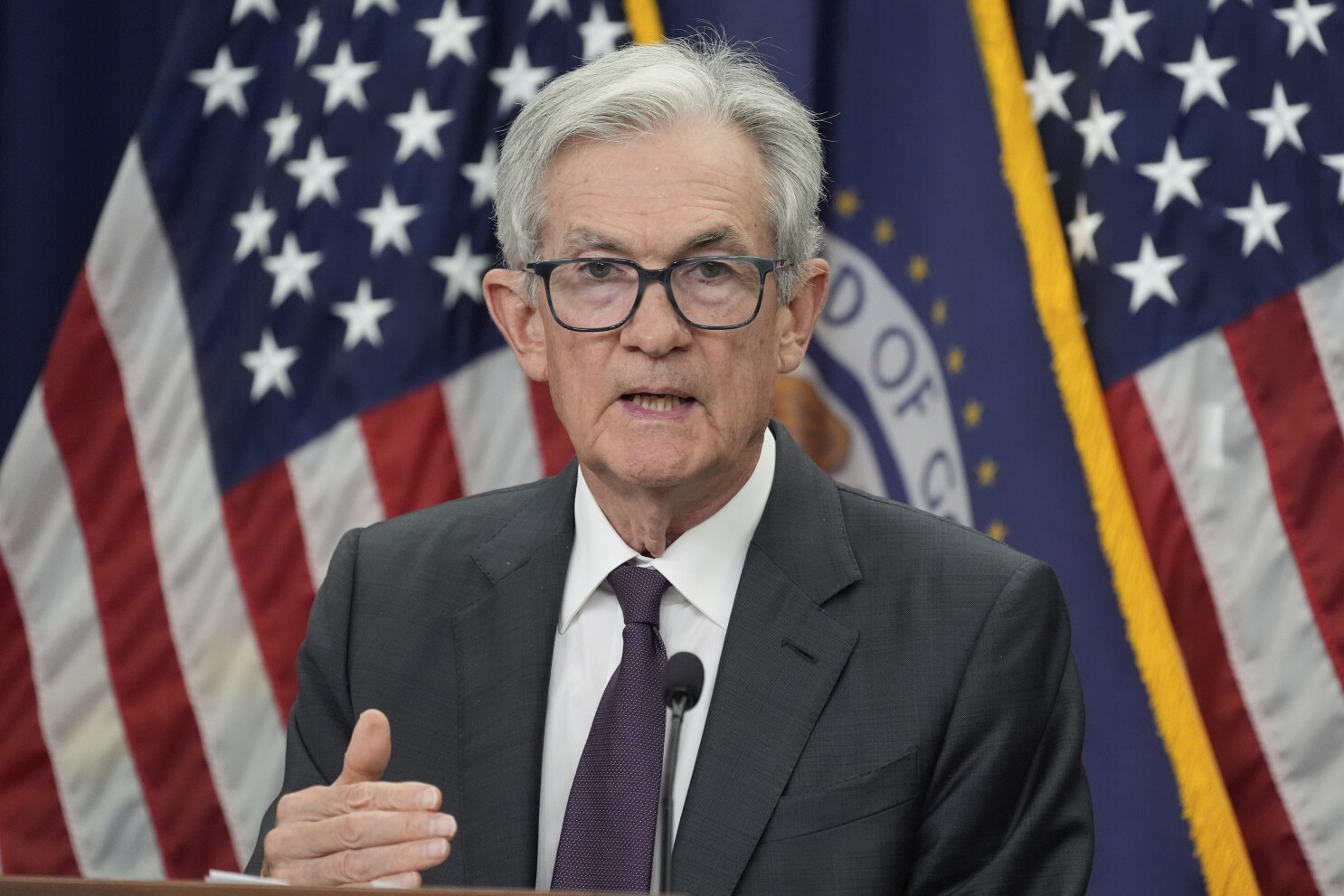Federal Reserve Chairman Jerome Powell is preparing for one of the most closely watched events of the year: his speech at the annual Jackson Hole Economic Symposium. Investors, policymakers, and global markets are paying close attention as Powell addresses the Fed’s long-term approach to inflation, employment, and interest rate policy.
The timing is critical. With the next Federal Open Market Committee meeting only weeks away, Powell’s comments could provide valuable insight into whether the Fed will maintain current rates, consider a cut, or signal future adjustments. Markets are bracing for clues, but uncertainty remains high as inflation pressures and a softening labor market complicate the central bank’s path forward.
Balancing Inflation and Employment
The Fed has a dual mandate: to promote maximum employment and ensure stable prices. Achieving both goals has become increasingly complex in the current economic environment. Inflation remains above the Fed’s 2% target, while job growth has started to show signs of slowing.
This balancing act forces policymakers to make tough choices. Raising interest rates can help reduce inflation but risks weakening employment. On the other hand, cutting rates might support job creation but could also reignite price pressures. Powell is expected to emphasize the need for patience, data-driven decision-making, and a long-term strategy that keeps the economy on stable ground.
In past reviews of monetary policy, the Fed has leaned toward allowing stronger job growth even at the expense of slightly higher prices. However, after recent years of sharp inflation, Powell may highlight a shift toward prioritizing price stability to protect household purchasing power and restore confidence in the economy.
Fed Independence Under Political Pressure
Another central theme Powell is likely to address is the independence of the Federal Reserve. The Fed was designed to operate free from direct political influence, allowing it to make decisions that serve long-term economic stability rather than short-term political goals. Yet, recent tensions between the central bank and the White House have sparked concerns about potential interference in monetary policy.
Powell has consistently underscored the importance of keeping the Fed’s decision-making insulated from politics. According to the Federal Reserve Board, independence is essential to maintain credibility with markets and protect the broader economy from instability. Any erosion of that independence could lead to higher inflation, increased borrowing costs, and greater risks for working families.
As Powell prepares for his speech, investors and policymakers alike will be looking for reassurances that the Fed remains committed to its mission: supporting economic growth while ensuring long-term price stability. His words at Jackson Hole could shape not only the Fed’s short-term strategy but also its credibility for years to come.







